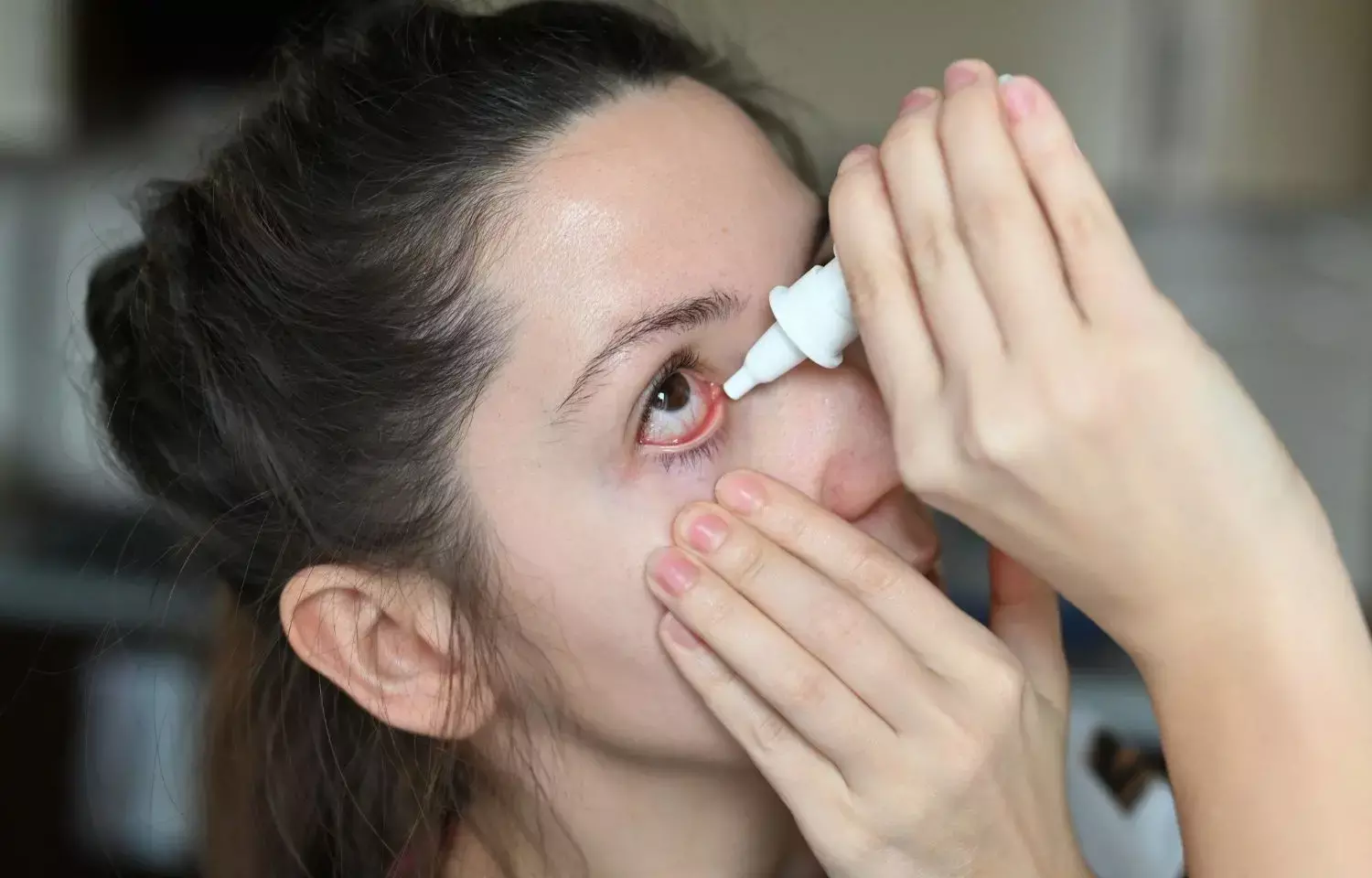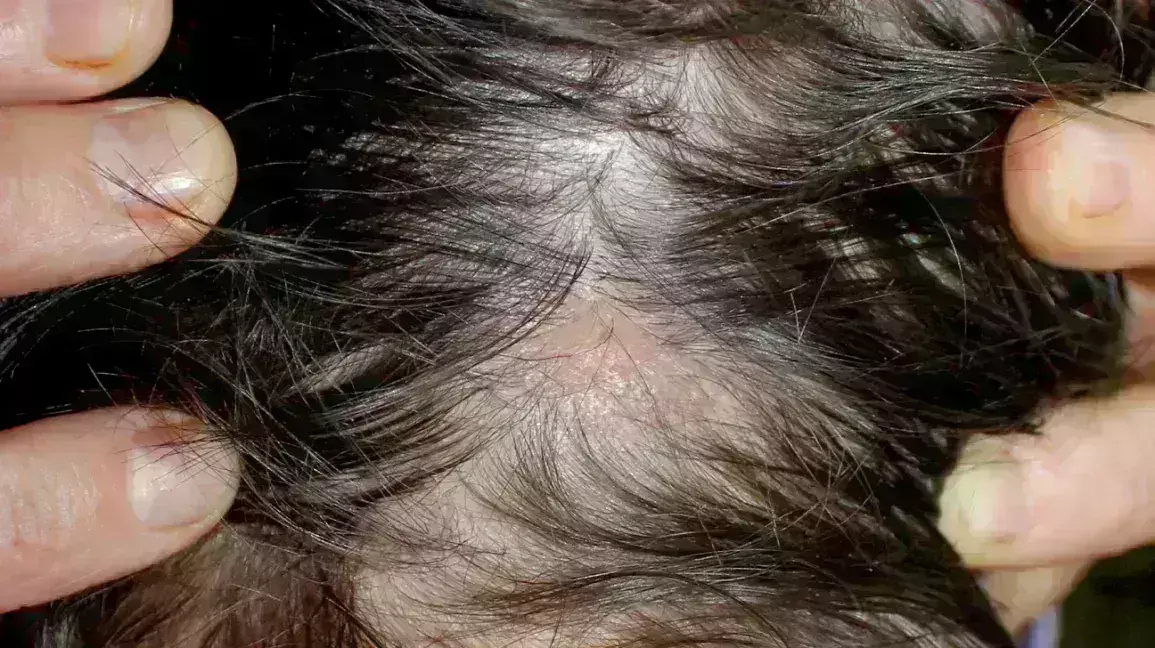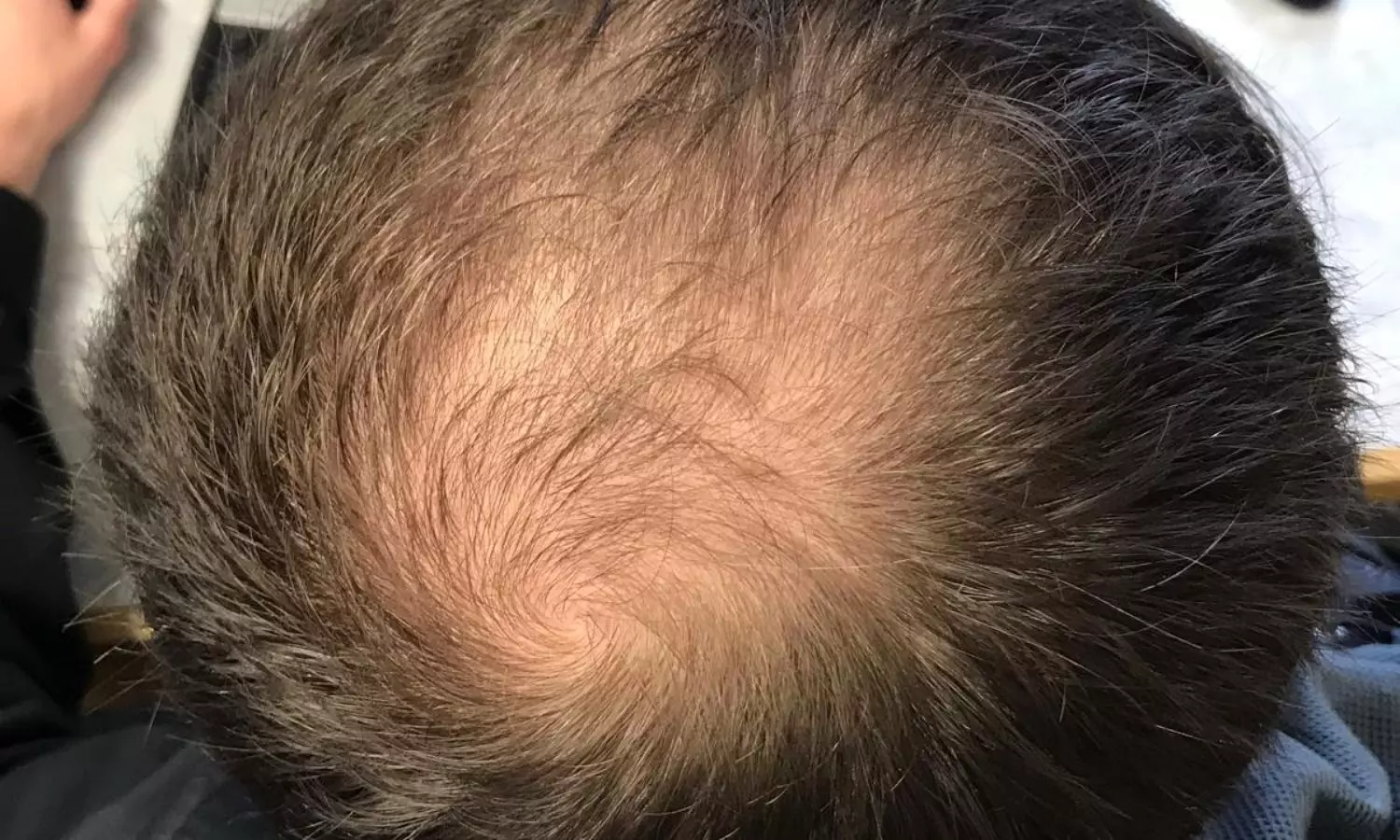- Home
- Medical news & Guidelines
- Anesthesiology
- Cardiology and CTVS
- Critical Care
- Dentistry
- Dermatology
- Diabetes and Endocrinology
- ENT
- Gastroenterology
- Medicine
- Nephrology
- Neurology
- Obstretics-Gynaecology
- Oncology
- Ophthalmology
- Orthopaedics
- Pediatrics-Neonatology
- Psychiatry
- Pulmonology
- Radiology
- Surgery
- Urology
- Laboratory Medicine
- Diet
- Nursing
- Paramedical
- Physiotherapy
- Health news
- Fact Check
- Bone Health Fact Check
- Brain Health Fact Check
- Cancer Related Fact Check
- Child Care Fact Check
- Dental and oral health fact check
- Diabetes and metabolic health fact check
- Diet and Nutrition Fact Check
- Eye and ENT Care Fact Check
- Fitness fact check
- Gut health fact check
- Heart health fact check
- Kidney health fact check
- Medical education fact check
- Men's health fact check
- Respiratory fact check
- Skin and hair care fact check
- Vaccine and Immunization fact check
- Women's health fact check
- AYUSH
- State News
- Andaman and Nicobar Islands
- Andhra Pradesh
- Arunachal Pradesh
- Assam
- Bihar
- Chandigarh
- Chattisgarh
- Dadra and Nagar Haveli
- Daman and Diu
- Delhi
- Goa
- Gujarat
- Haryana
- Himachal Pradesh
- Jammu & Kashmir
- Jharkhand
- Karnataka
- Kerala
- Ladakh
- Lakshadweep
- Madhya Pradesh
- Maharashtra
- Manipur
- Meghalaya
- Mizoram
- Nagaland
- Odisha
- Puducherry
- Punjab
- Rajasthan
- Sikkim
- Tamil Nadu
- Telangana
- Tripura
- Uttar Pradesh
- Uttrakhand
- West Bengal
- Medical Education
- Industry
Finger prick autologous blood eye drops new hope for patients with Dry eye disease

Researchers from the U.K. found that for patients having Dry eye disease adding finger-prick autologous blood (FAB) eye drops to conventional medical therapy has resulted in improvement in mean OSDI symptom score compared to conventional medical therapy alone, especially in settings where serum availability is less. The study results were published in the journal Clinical Ophthalmology.
The tear film is necessary for supporting and maintaining ocular health as the ocular surface is a thin epithelial membrane. Loss of tear function can lead to ocular surface damage. Dry eye disease is a multifactorial abnormality of the tear film causing damage to the ocular surface. As previous literature supported the finger-prick autologous blood (FAB) eye drops for ocular surface therapy as a safe alternative, researchers from the UK conducted a trial to investigate the quantitative and qualitative efficacy of finger-prick autologous blood (FAB) eye drops versus conventional medical therapy for the treatment of severe dry eye disease (DED).
A two-center, single-masked, randomized controlled trial was carried out on sixty patients. Out of the total that was recruited, thirty patients (sixty eyes) were treated with FAB eye drops four times per day in addition to their conventional DED treatment, and thirty patients (fifty-eight eyes) served as control subjects on conventional treatment alone. Ocular surface disease index (OSDI), Schirmer's test, fluorescein ocular staining grade (OCSG) Oxford schema, and fluorescein tear film break-up time (TBUT), were performed at baseline, at 4 and 8 weeks.
Findings of the study:
- FAB arm showed a significant decrease in the OSDI scores by greater than − 17.68 (− 37.67 to − 2.96, p=0.02) compared to the control arm.
- OCSG and TBUT also showed greater improvements in the FAB arm, but these were non-significant (p> 0.05).
Take-home message:
This study evaluated the efficacy of finger-prick autologous blood (FAB) eye drops in patients with severe dry eye disease. Autologous whole blood acquired by a finger prick and instilled into the inferior conjunctival fornix (FAB eye drops) four times a day in addition to standard dry eye treatment resulted in a significant improvement in ocular surface disease index scores, despite the lack of clinical improvement in dry eye signs.
Further studies are needed to evaluate the long-term effects and benefits of FAB eye drops in patients with dry eye disease.
BDS, MDS
Dr.Niharika Harsha B (BDS,MDS) completed her BDS from Govt Dental College, Hyderabad and MDS from Dr.NTR University of health sciences(Now Kaloji Rao University). She has 4 years of private dental practice and worked for 2 years as Consultant Oral Radiologist at a Dental Imaging Centre in Hyderabad. She worked as Research Assistant and scientific writer in the development of Oral Anti cancer screening device with her seniors. She has a deep intriguing wish in writing highly engaging, captivating and informative medical content for a wider audience. She can be contacted at editorial@medicaldialogues.in.
Dr Kamal Kant Kohli-MBBS, DTCD- a chest specialist with more than 30 years of practice and a flair for writing clinical articles, Dr Kamal Kant Kohli joined Medical Dialogues as a Chief Editor of Medical News. Besides writing articles, as an editor, he proofreads and verifies all the medical content published on Medical Dialogues including those coming from journals, studies,medical conferences,guidelines etc. Email: drkohli@medicaldialogues.in. Contact no. 011-43720751




